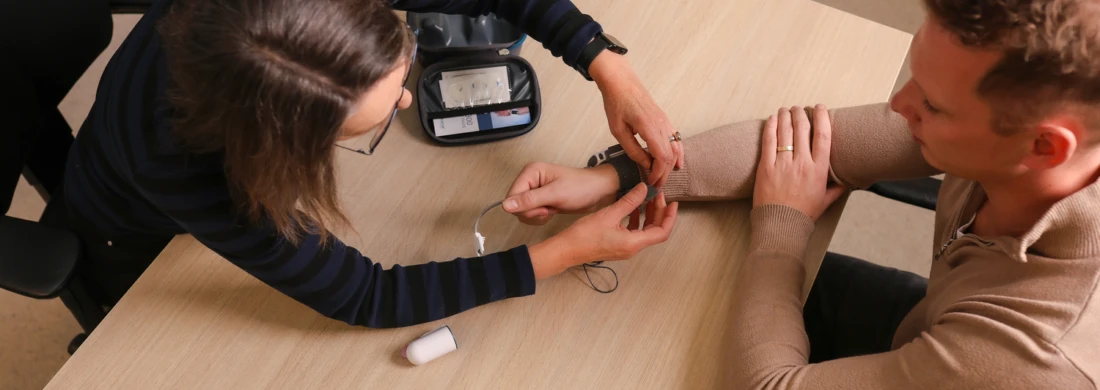Disruption of the day-night cycle and the biological clock
Our day-night rhythm is controlled by the biological clock in the brain. When the biological clock becomes disrupted, it can lead to a significant shift in the sleep pattern. For example, a combination of being unable to fall asleep until late at night, but then being unable to wake up in the morning. Sometimes, individuals may be extreme "morning people" and fall asleep very early in the evening. In some cases, the rhythm gradually shifts later each day.
To diagnose a biological clock disorder, the day-night rhythm is mapped over several weeks. Sometimes, melatonin, the hormone of the biological clock, is also measured.
